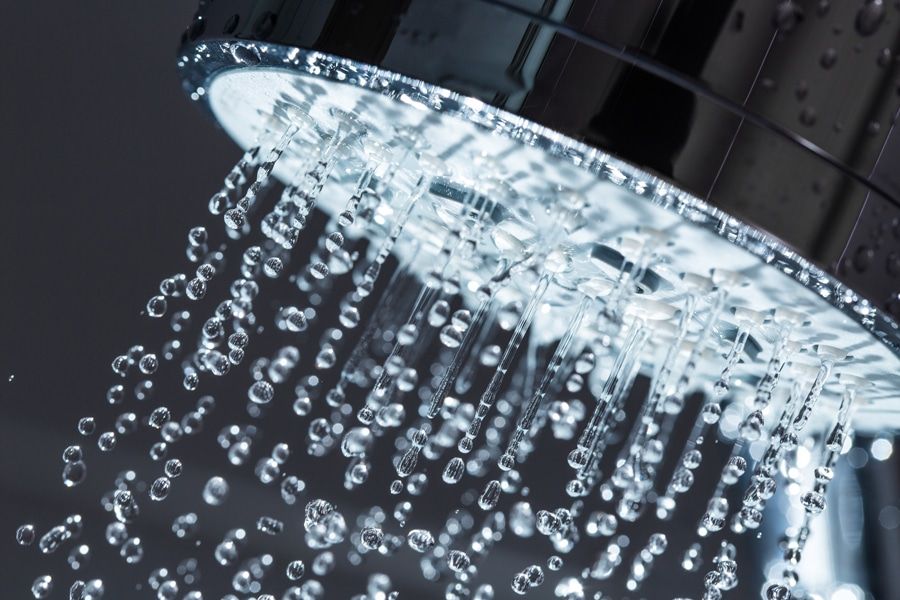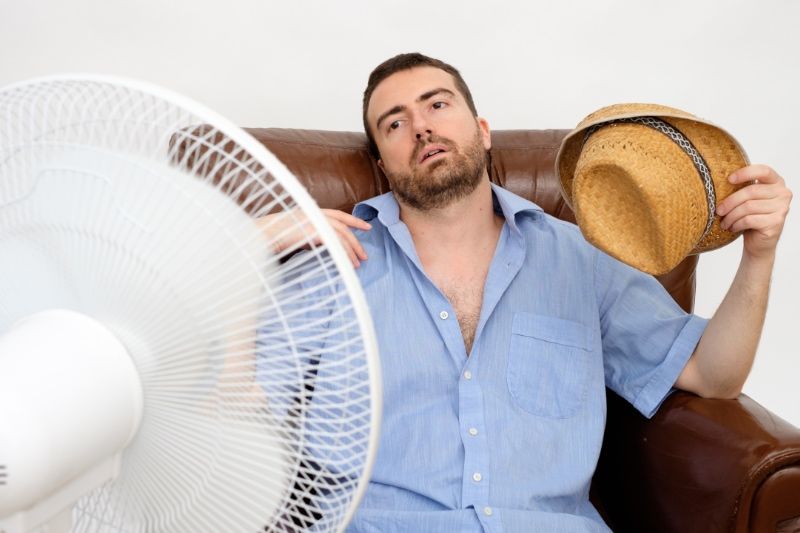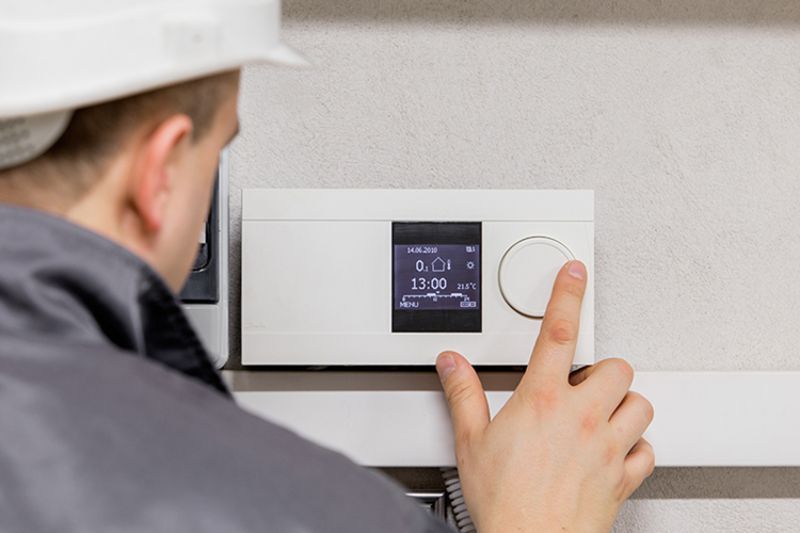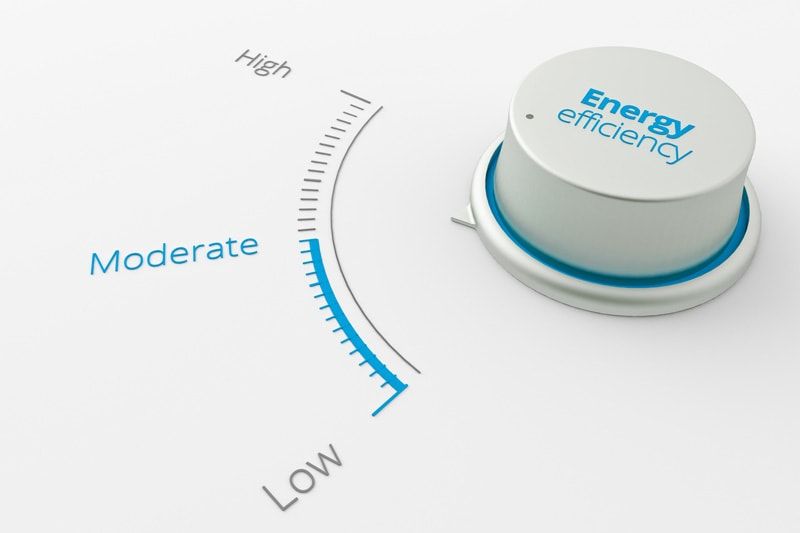Help! I Have No Hot Water
There are few things more annoying than running out of hot water in the middle of a shower. But do not fret if this happens. It is more than likely an issue with your hot water heater.
It may be something very simple you can take care of yourself. However, some fixes do need the assistance of a professional plumber.
Turn a Cold Mess Into a Hot Time
If you run into this situation, try troubleshooting or give us a call at ACS Air Conditioning Services. One of our experienced plumbers can promptly come out to your Oro Valley home to get your water flowing hot running again.
Focusing on Tank Water Heaters
There are a few options for powering water heaters—electric, gas, propane, and fuel oil. We will take a look at the two most popular types, electric and gas.
For each of these two, there are different steps to diagnose where the problem lies. However, for either type you may first want to:
• Check if your tank size is adequate for your Arizona home’s water needs.
If you have more than two people living in your home, you may need a larger tank than what you currently have. It takes time to reheat enough water to refill the tank. Should this be the case in your home, wait about 30 minutes and retry the hot water.
If you succeed, it might be time to consider upgrading. Or maybe a tankless water heater would be best for your home. Call ACS Air Conditioning Services to discuss your options.
• Increase the thermostat temperature by a couple of degrees.
Ideally, you want your water heater temperature set between 120 and 140 degrees Fahrenheit (120 degrees or lower if you have small children in your Oro Valley home to avoid burning their sensitive skin). If you perform an adjustment, allow about 30 to 40 minutes for the hot water to return.
If these two options do not produce hot water, read on for more troubleshooting.
But before you continue, please heed this word of caution. Any time you work with electricity, turn off the power to the tank. A strong electrical current is running through there, and electricity is nothing to underestimate. Call one of our ACS Air Conditioning Services plumbing professionals to help if you have any doubts.
Hot Tips for Owners of Electric Tank Water Heaters
If your unit is electric powered, consider these possibilities:
• Restart your water heater.
Sometimes a power surge can shut down your heater. Turn off the tank for a few minutes and then turn it back on and wait about 30 minutes. If you still have no hot water, this is not the problem.
• Check the fuse or breaker.
If the fuse has blown or the breaker has been tripped, sometimes it is not obvious this is the problem.
Reset the breaker, even if it does not look tripped. Flip it off, wait about 30 seconds, and then flip it on. If it will not stay on, you need to call a professional electrician.
• Call one of our ACS Air Conditioning Services professionals.
Sometimes the technical side of electricity mingled with a water repair makes everyone feel more secure if handled by a pro. We can address the issue without causing further damage to other components, like a heating element or thermostat.
• Install a new water heater.
The average life span of a water heater these days is 10 years. If your tank is close to that age, it may be smarter to invest in a new tank rather than replacing a costly part. After replacing that component, the tank itself could fail, and you would have thrown money out the window.
Purchasing a new water heater with higher efficiency and energy savings can save you money in the long run. ENERGY STAR® reports higher efficiency water heaters use 10 to 50 percent less energy than standard models. Since heating water accounts for approximately 15 percent of your Arizona home’s energy use, going with a higher efficiency tank could add up to a nice savings on your utility bill.
A new water heater may also qualify you for an energy tax break or rebate. Check with your Oro Valley area energy company.
Hot Tips for Owners of Gas Tank Water Heaters
If your unit is gas powered, consider these possibilities:
• Check the pilot light.
Your issue could be as simple as this. Maybe a strong wind down the vent pipe blew the flame out.
Read the instructions affixed to your tank on how to relight the pilot. Many tanks have a button to depress for relighting.
If you are not comfortable with this process, call one of our ACS Air Conditioning Services plumbers to light it. In some cases, a new pilot light assembly is required, in which case a plumber will need to replace it for you anyway.
• Fix the thermocouple.
After you light the pilot and are certain the flame does not remain lighted, the thermocouple may be at fault. A thermocouple is a sensor that measures temperature. As a safety precaution, it will shut off the gas flow if the pilot goes out.
If you are capable of replacing this yourself, it is a low-cost fix. If you are unsure about your level of competency, call a ACS Air Conditioning Services professional in to replace it for you.
• Check the gas supply.
Occasionally your heater may not be getting gas. If after you check to be sure the gas valve is turned on and you do not see a flame or smell gas, this could indicate the problem is the gas supply.
Be sure the valve is open and assess the gas line. Is anything leaning against it or does it have a twist or kink in it? If nothing appears out of the ordinary, call your gas company to see if they are working on the gas line in your area or if your gas has been turned off. If the answer to both of these is no, you need to call one of our plumbers.
• Install a new water heater.
The life span for a gas water heater is typically 10 years, just like an electric water heater. Unfortunately, it may be time for a replacement. Call ACS Air Conditioning Services to discuss what type and size tank would be best for you.
We Are Your Water Heater Experts
At ACS Air Conditioning Services, our certified plumbers can help with whatever water heater issue you may have. Talk to us about a new installation or replacement, a repair, or water heater maintenance. In the case of no hot water, we are here in Oro Valley, Arizona, to help. Give us a call at 520-230-5668 or request service online today.









